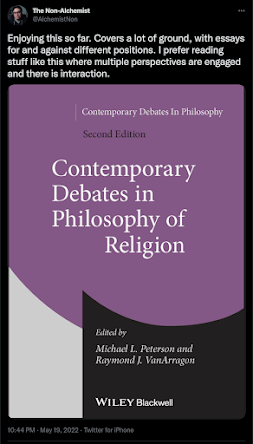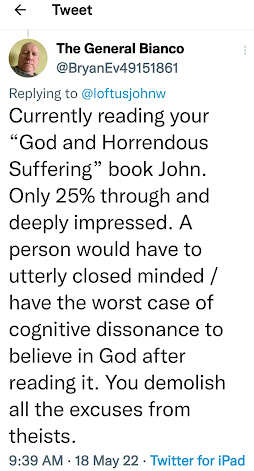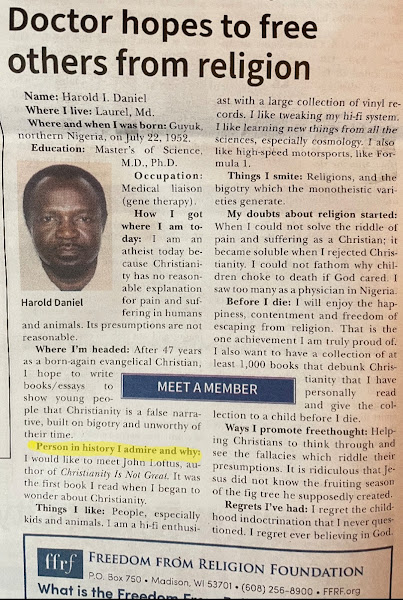There’s too much fake news and bad theology in the New Testament
There’s a fun song from the Gilbert and Sullivan comic operetta, The Pirates of Penzance, that always brings to mind the task of Christian apologists: “A Policeman’s Lot Is Not a Happy One.” How can apologists be happy about their lot, having to defend the faith—having to strain so hard—against increasingly heavy criticisms, against so much evidence that falsifies the faith? For centuries there has been the internal warfare, i.e., Catholic apologists have had to argue with Protestant apologists, explaining why their version of Christianity is the right one. Protestant apologists return the favor. Within Protestantism itself, there’s just as much struggle: Southern Baptist apologists must explain why their worship and piety are right—while the Episcopalians get so much wrong.









